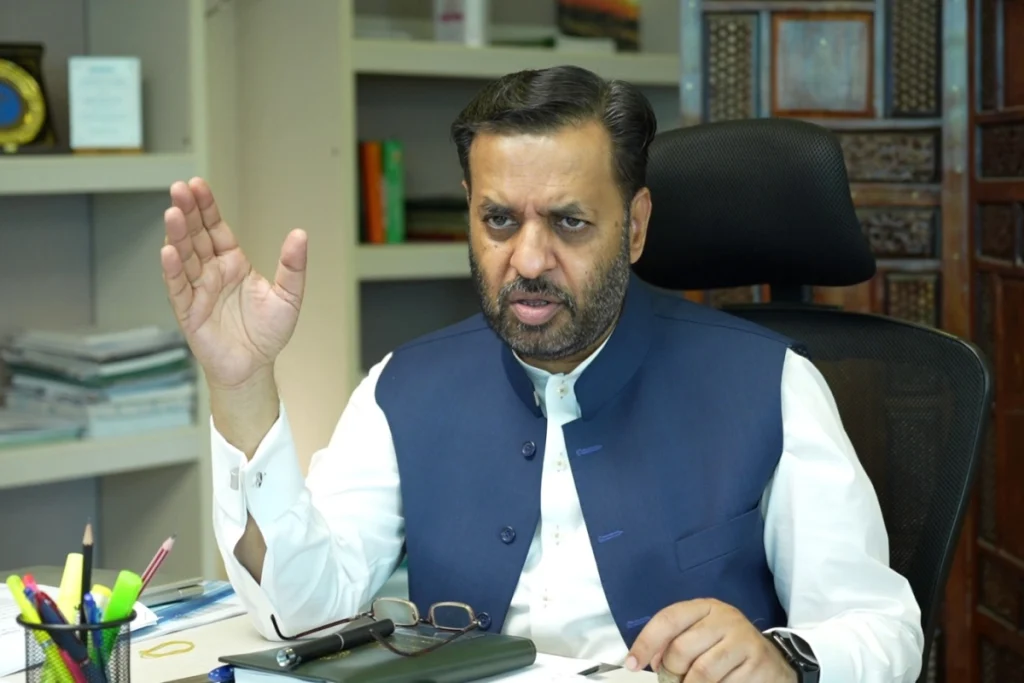A Critical Look at Pakistan’s Health Challenges
During a pilot project event focused on adult and maternal nutrition, Minister of Health Mustafa Kamal delivered a compelling speech addressing the country’s most pressing health issues. He painted a stark picture of a system under immense strain, highlighting how a reactive approach to health has failed the population.
The Silent Killer: Contaminated Water
Kamal pointed out a shocking statistic: according to experts, 68% of diseases in Pakistan are caused by polluted water. He stressed that providing access to clean, safe drinking water could single-handedly eliminate the majority of these illnesses. The minister underscored the urgent need for a robust and effective sewage treatment system, which he noted is currently lacking. He asserted that incorporating sewage treatment into national policies is no longer optional but a critical necessity.
Population Boom and its Burden
Pakistan’s annual population growth rate of 3.6% is among the highest in the region, Kamal said. This rapid growth has placed an overwhelming burden on the country’s resources, with the health sector feeling the pressure most acutely. He highlighted other critical health statistics, stating that 43% of children suffer from stunting. He also revealed that Pakistan leads the region in the number of Hepatitis C patients, and the country still grapples with the presence of Polio.
The Shift from “Sick Care” to “Healthcare”
Minister Kamal was candid about the current healthcare model, describing it as a “sick care system” that simply waits for people to get ill. This reactive approach, he argued, is unsustainable. “Our system currently waits for patients to get sick,” he said. “The burden of patients in hospitals is increasing daily.” He argued that with this current model, a day will never come when the state can afford to treat all of its sick citizens.
Prevention is the Cure
Kamal’s core message was a call for a paradigm shift. “Prevention is better than cure,” he stated, emphasizing the need to protect people from falling sick in the first place. He called on all health authorities to review their policies and create new strategies that foster a favorable environment and prevent illness. “Instead of waiting for people to get sick, we have to prevent them from getting sick,” he urged.
The Ministry of Health is now concentrating its efforts on preventing diseases and is striving to transform the existing “sick care” system into a genuine “healthcare” system. Kamal concluded by stating that creating a healthier Pakistan requires sustainable and decisive measures, including policies that promote a healthy environment and enable protection against diseases even before they occur.



Comments (0)
No comments yet. Be the first to comment!
Leave a Comment